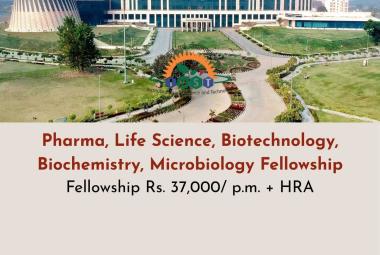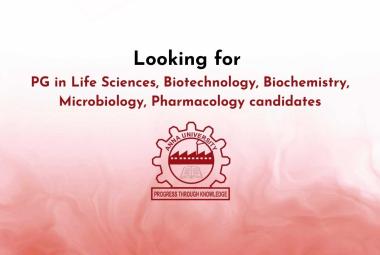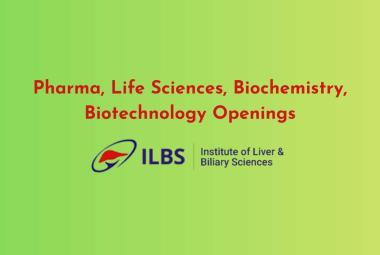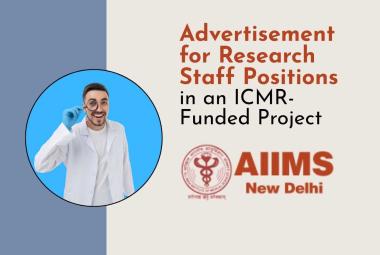{ DOWNLOAD AS PDF }
ABOUT AUTHOR
Dr. Vishwas B. Chavan
Aditya Jyot Hospital & Foundation
vishwaschavan2003@yahoo.co.in
Cancer is a leading cause of morbidity and mortality in the world today. According to one study, there were 14.1 million new cases of cancer and 8.2 million cancer-related deaths worldwide in 2012. The most commonly diagnosed cancers were lung (1.82 million), breast (1.67 million), and colorectal (1.36 million). The most common cancer deaths are due to lung cancer (1.6 million deaths), liver cancer (745,000 deaths), and stomach cancer (723,000 deaths) (Ferlay, J. et al, 2015).
[adsense:336x280:8701650588]
Reference Id: PHARMATUTOR-ART-2554
|
PharmaTutor (Print-ISSN: 2394 - 6679; e-ISSN: 2347 - 7881) Volume 5, Issue 12 Received On: 26/09/2017; Accepted On: 02/10/2017; Published On: 01/12/2017 How to cite this article: Chavan VB;Is the chemotherapy really necessary for solid tumors?; PharmaTutor; 2017; 5(12); 7-8 |
Though it is a major global killer, there was a considerable progress in the diagnosis and treatment of the cancer during past few decades. Survival rates are higher for cancer patients than it was few decades ago. Surgery, chemotherapy and radiation therapy are 3 main treatment modalities. Alone or combination of these three main therapies help to reduce cancer mortality significantly. Recently, immunotherapy is also slowly gaining importance in cancer treatment options.
Downside of cancer therapies: Though effective, chemotherapy and radiation therapy are associated with serious side effects like anemia, loss of appetite, bleeding, constipation, diarrhea, delirium, edema, fatigue, hair loss, infections, nausea, vomiting, skin and nail changes, pain, mouth sores, memory problems etc. (https://www.cancer.gov/about-cancer/treatment/side-effects (Accessed on 14/08/2017). Chemotherapy and radiation therapy also increase the risk of secondary cancers. (New cancers that occurs due to earlier radiation or chemotherapy given to a patient). Due to these serious side effects, quality of life (QOL) of the cancer patient is compromised significantly.
A recent research suggests that chemotherapy could allow cancer to spread, and trigger more aggressive tumors. When the US scientists studied the effect of drugs on breast cancer patients, to their surprise, they found that cancer drugs increases the chance of cancer cells migrating to other parts of the body, where they are almost always fatal. Many patients are given chemotherapy before surgery in order to shrink the tumor. But new evidence suggests that, although it shrinks tumors in the short term, it could trigger the spread of cancer cells around the body. It is assumed that the toxic cancer drugs switches on a repair mechanism in the body which ultimately allows tumors to grow back stronger. It was assumed that chemotherapy drugs possibly send signals to increase the number of molecular doors, through which the cancer cells can escape from the primary tumor into the bloodstream and spread throughout the body. [Knapton Sarah, 2017]
Dr George Karagiannis of the Albert Einstein college of Medicine of Yeshiva University, New York found the number of doorways was increased in patients receiving two common chemotherapy drugs. He also found that in mice, breast cancer chemotherapy increased the number of cancer cells circulating the body and in the lungs. (Karagiannis G.S. et al., 2017).
At the same time, another study had reported similar observations (Yi Seok Chang et al, 2017).Researchers at The Ohio State University studied the cascade of events that lead to metastatic cancer and found that the front-line chemotherapy drug paclitaxel sets off a variety of molecular-level changes that allow breast cancer cells to escape from the tumor. At the same time, it creates an environment in the lung that is more hospitable to the cancer cells, facilitating the spread of the disease, the researchers found in a mouse model of breast cancer. The study includes an analysis of data from women with breast cancer that suggest the findings from mouse models could be relevant to breast cancer metastasis in humans. This effect seems to depend on a gene called Atf3, which is turned on by stress. In humans, higher Atf3 gene expression was found in patients who had chemotherapy than those who did not had chemotherapy. Researchers assumed that Atf3 gene help distribute the cancer cells in the new location and also make the new environment favorable to newly migrated cancer cells. Researchers demonstrated that paclitaxel -- a stressor -- exerts its pro-cancer effect at least partly by turning on Atf3 (Crane Misti, 2017).
This recent research has shocked the cancer world and started a new thought wave about effect of chemotherapy. This research had put forth an important question for oncologists: Are other chemotherapy drugs are having the same effect on tumors as Paclitaxel has? Are chemotherapeutic drugs are spreading cancer instead of killing it? If these questions are answered in affirmative by further studies, then cancer treatment may have a large setback in future. As every oncologist knows, metastasis is a dreaded phenomenon, which put the cancer stage to Stage IV and contributed significantly to patient's death.
NOW YOU CAN ALSO PUBLISH YOUR ARTICLE ONLINE.
SUBMIT YOUR ARTICLE/PROJECT AT editor-in-chief@pharmatutor.org
Subscribe to Pharmatutor Alerts by Email
FIND OUT MORE ARTICLES AT OUR DATABASE
Significant side-effects of chemotherapy and its newly discovered role in cancer metastasis, will surely force the cancer scientists to take search for new cancer therapies in a fast mode. Presently, for hematological cancers, chemotherapy is the most widely used. But for solid tumors, we should rethink role of chemotherapy in light of new research. Serious side effects of chemotherapy affect patient's quality of life to a large extent. And new research about its role in cancer metastasis must be perused seriously. May be newly developing cancer immunotherapy will be the answer of our quest for cancer cure, but we should step on the accelerator as lives of millions of cancer patients at stake. So we have to keep our fingers crossed !
REFERENCES:
1. Crane Misti. www.sciencedaily.com/releases/2017/08/170807155401.htm, (Accessed on 26/08/2017)
2. Ferlay, J., Soerjomataram, I., Dikshit, R., Eser, S., Mathers, C., Rebelo, M., Parkin, D. M., Forman, D. and Bray, F. (2015), Cancer incidence and mortality worldwide: Sources, methods and major patterns in GLOBOCAN 2012. Int. J. Cancer, 136: E359–E386.
3. https://www.cancer.gov/about-cancer/treatment/side-effects (Accessed on 14/08/2017)
4. Karagiannis G.S. et al. Neoadjuvant chemotherapy induces breast cancer metastasis through a TMEM-mediated mechanism. Science Translational Medicine 05 Jul 2017: Vol. 9, Issue 397, eaan0026.
5. Knapton Sarah. Chemotherapy may spread cancer and trigger more aggressive tumours, warn scientists. (http://www.telegraph.co.uk/science/2017/07/05/chemotherapy-may-spread-cancer-trigger-aggressive-tumours-warn/ / (Accesed on 12/08/2017)
6. Yi Seok Chang, Swati P. Jalgaonkar, Justin D. Middleton, Tsonwin Hai. Stress-inducible gene Atf3 in the noncancer host cells contributes to chemotherapy-exacerbated breast cancer metastasis. Proceedings of the National Academy of Sciences, 2017; 201700455.
NOW YOU CAN ALSO PUBLISH YOUR ARTICLE ONLINE.
SUBMIT YOUR ARTICLE/PROJECT AT editor-in-chief@pharmatutor.org
Subscribe to Pharmatutor Alerts by Email
FIND OUT MORE ARTICLES AT OUR DATABASE









